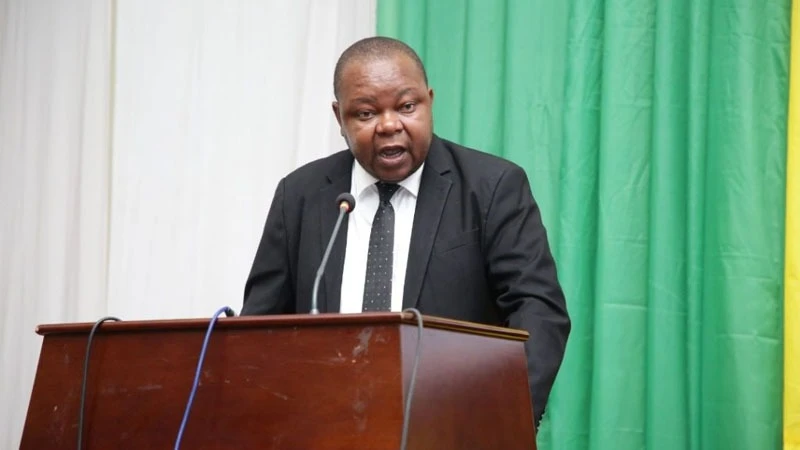
By Getrude Mbago , The Guardian
FISHERIES sector experts from four countries surrounding Lake Tanganyika are meeting in Dar es Salaam for three days to agree on the best ways to safeguard reproduction areas for sardines, sprats and perches in the lake.
The experts from Tanzania, Burundi, Democratic Republic of Congo (DRC) and Zambia will discuss how to facilitate execution of an in-depth fish stock assessment in Lake Tanganyika to draw up regulatory requirements for sustainable fishing.
The countries seek to implement the global fish value chain development programme-‘Fish4ACP’ mooted by the United Nations Food and Agriculture Organisation (FAO) working with the European Union (EU), traditional partners for the African, Caribbean and Pacific (ACP) countries. Germany’s Economic Cooperation and Development ministry (BMZ) is adding to EU resources in the project.
Opening the three-day workshop yesterday, Prof Riziki Shemdoe, the Livestock and Fisheries permanent secretary, said that the assessment is going to boost Tanzania’s industrialization drive in the fishing sector and uplift the blue economy.
“We thank FAO for bringing together these experts to discuss and come up with best ways to assess fish stock status on the lake which has the potential to leverage increasing consumer demand and market opportunities in Tanzania to improve sustainability of Lake Tanganyika’s sardine, sprat and perch fisheries,” he said.
To help the fishery-dependent population, Fish4ACP needs to promote the sustainable management of the sardine, sprat and perch resources, with improved fish handling and processing, access high-value markets and work on bridging the gender gap, he said.
A long-term strategy over the next decade will strengthen Tanzania's position as a key producer and exporter of Lake Tanganyika sprat, sardine and perch, with a sustainable value chain, generating more jobs and higher incomes.
Steven Ciocca, the FAO Fish4ACP project representative, said the assessment will furnish accurate data on the status of fish in Lake Tanganyika, to enhance sustainable growth and development of fisheries in the region.
Ultimately, Fish4ACP in Tanzania is focused on making fisheries and aquaculture value chains more productive and sustainable, with an emphasis on supporting women, given their crucial role in fish value chains-and adding value to the produce, he stated.
The future of fishers and processing is uncertain as stock levels are under pressure from climate change, poor fishing methods, illegal, unreported and unregulated (IUU) fishing and post-harvest losses, he pointed out.
Beatrice Marwa, director of fisheries and aquaculture at the Lake Tanganyika Authority, said the fisheries sector faces the challenge of lack of data.
Tanzania is Lake Tanganyika’s principal producer of sardine, sprat and perch, accounting for up to 85 percent of annual catches in the lake.
Lake Tanganyika is the deepest lake in Africa and holds the greatest volume of fresh water on the continent, experts say.




No comments :
Post a Comment